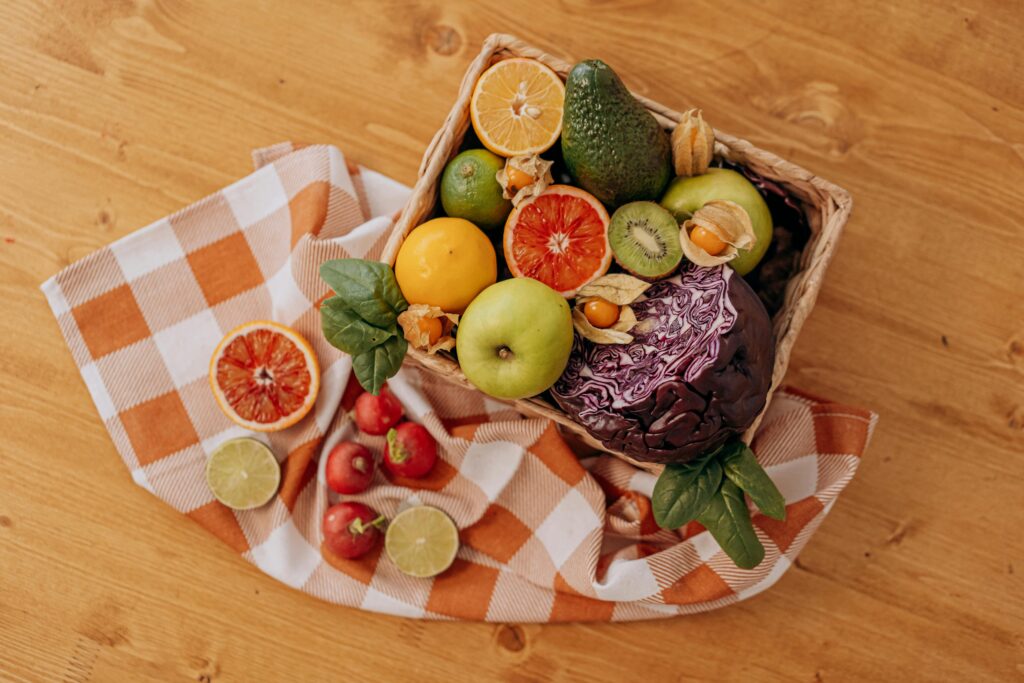If your child refuses to eat anything and only eats junk food, don’t worry; there is still time to teach them proper eating habits.
A survey of 13,274 children aged 9–14 revealed that about 93% of them eat prepared meals, and a large portion of these foods are consumed as snacks. If your child refuses to eat anything and only eats unhealthy meals, such as high-fat and sugary foods and beverages, provide children with many calories, commonly more than they need.
Children who eat an excessive amount of highly processed, insufficient-nutrition food might not get enough vitamins and minerals from important nutritional groups, such as fruits, vegetables, grains, dairy products, and protein meals.
How do you guide your child through a food environment overloaded with highly processed foods like potato chips if you want them to make healthier decisions?
Why Do Kids Find Junk Food So Attractive?
Every day they come home with a school snack that includes crackers and a cheese stick, and you place a fruit dish on the table. Every day, you and your picky eater argue about food. You want them to try multiple foods, but they still want their favorite unhealthy treats.
What’s happening? If your child refuses to eat anything, it all comes down to availability, comfort, and the flavor of ultra-processed packaged meals.
Taste
Foods high in fat, sugar, and salt appeal to your child’s palate and can be enjoyable for them to eat. Children’s taste buds develop gradually. The strong, unpleasant, sometimes bitter flavor of vegetables is often rejected by young children, particularly if they were not introduced to a variety of flavors as babies or if they are very good at tasting.
Ultra-processed foods usually have a consistent flavor. For children with sensory difficulties who like clear textures, children with limited food intake disorders, or picky eaters, there are no surprises. Depending on the apple and how fresh it is, it may look and taste different each time you give it to your child.

Availability
Are you stressed for time during the tough weekdays when it comes to planning your family’s regular meals or while traveling snacks? Packages, pouches, and bags that are recyclable can travel with you. When you are rushing to after-school events, it’s all too simple to fall into the easy loop and depend on packaged snacks to keep away your child’s hunger until dinner.
Vending machines at school, junk food at a friend’s house, and rich grandparents bringing the kids out for fast food or ice cream feasts make it easy to feel like you’re losing the battle. This isn’t your fantasy. You can get these foods everywhere.
Excellent Advice for Kids Who Only Eat Junk Food
Getting children to eat full meals like dairy products with little fat and fruits and veggies as snacks can seem like a difficult task. However, you might not be aware of how much control you have over your child’s dining environment. One of the most important people in a child’s life is their parents. Changing children’s diets and helping them make better choices is not as difficult as you could imagine.
Make Eating Healthy Foods a Habit
The guardians are the parents. The grocery people. chefs. When shopping for food, purchase generally nutritious items and packaged meals that provide essential nutrients that children require for healthy growth. When preparing a nutritious dinner, keep the food groups in mind.
Decide on Snacking Rules
Discuss the family snacking rules in between meals. When your kids and their friends attack the cupboards and refrigerator, they will have plenty of nutritious options to pick from if you keep healthy, delicious snacks on hand.
The key to success is to set rules nicely without becoming overpowering. According to one study, when children had access to snacks at home and food was restricted, they snacked more.
Try for Regular Awareness
Junk food shouldn’t be kept out of the house and given a “bad” label. If your child refuses to eat anything, then he will find junk food much more attractive as a result. Making careful decisions about when to serve these snack foods and including them in your total meal plan is the best approach to supporting your children in making healthy food choices at home.
Maintain a regular eating routine
Eating routines work well for kids. A meal plan gives the family direction, providing that everyone arrives at family meals hungry and ready to connect at the table. Meal plans and prepared snacks help children avoid starving and maintain uniform blood sugar levels. Additionally, that includes preventing a hungry child from searching for food an hour before dinner.

Avoid Sugary Drinks
Sports drinks, soda, and juices are often considered junk food, but they do have value. Encourage drinking water in between meals and check out for beverages that have additional sugar.
Set an Example of Healthy Eating Practices
A positive role model is the first step in creating a positive food environment. Children can tell when their parents have ice cream in the freezer for the adults or when they have chips hidden in the top cabinet. According to one study, a child’s eating habits had the greatest effect on the actions of its parents. Operating how you would like your child to behave is the first step toward a positive relationship with food.
Allow Your Child Some Authority
Unexpectedly, when children have a choice in the matter, they are more inclined to consume a variety of foods, including healthy ones. Give your child a choice between two options. They may eat healthier meals and snacks as a result of feeling more appreciated and independent.
Does Your Child Refuses to Eat Anything?
Even if your child just eats junk food, there is still time to change their behavior. Establish a healthy eating environment where a range of meals that are not classified as “good” or “bad” can be purchased, and guarantee that foods that are highly processed are always available. This will help you avoid conflicts and breakdowns during mealtimes when your child refuses to eat anything.













